
For a parent watching their brave child go through the kids’ cancer experience, the journey is almost unimaginable. Fortunately, there’s plenty that other families can do to lighten that load.
When a doctor first told her that her three-year-old son had cancer, Tanya McAleer remembers almost fainting.
I was in complete shock. I really had no clue. That morning I expected to get a rash cream from the GP. And by the evening, my son was diagnosed with leukaemia and rushed to Sydney Children’s Hospital in an ambulance.
Rather than blacking out, Tanya focused with intent on every word the doctor said.
I really didn’t know what the initial diagnosis meant for Bradley, so I wanted to try my best to fully understand what was going on. I fondly remember the doctor’s kindness and the hope and positivity she gave us that night.
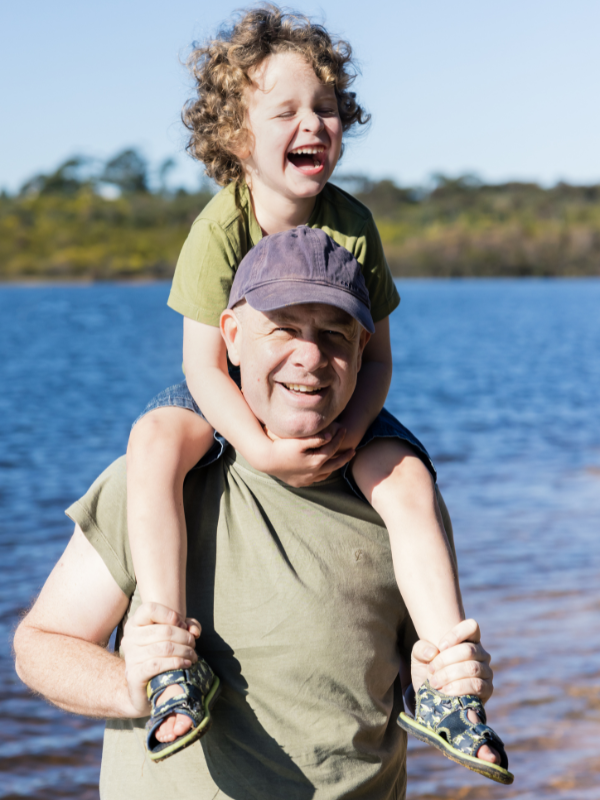
The family, including dad Peter, would need as much hope and positivity as they could get, to fuel their motivation through the experience that was to come.
With a diagnosis of Pre-B Acute Lymphoblastic Leukaemia, the first week alone was “a whirlwind” of tests and doctors.
Dr. David Ziegler and the team at Sydney Children’s Hospital are exceptional and were especially amazing that first week
- Tanya
At the diagnosis stage, they were so calm, informative and optimistic. This really helped us to be the calm, logistical and positive parents that we needed to be for Bradley.
What the journey involves
Bradley was diagnosed in December 2020, and is due to complete treatment around March 2023, so is still very much on the medical journey. He will be declared cancer-free five years after treatment completes.
Bradley’s first six months of treatment involved aggressive therapy that meant he and one parent spent most of their time in hospital. A one-parent rule – a result of COVID – at the hospital meant Tanya and Peter rarely had a chance to connect during that intense phase which was incredibly hard on them both. It also meant Bradley saw little of his baby brother Charlie, who was seven months old at the time.
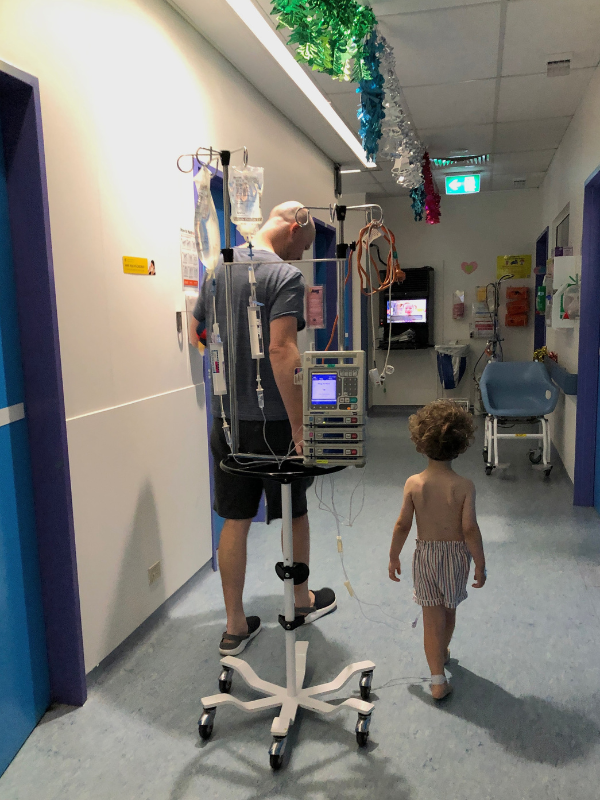
Treatment has included intravenous drugs, other injections and oral chemotherapy.
Bradley has also had to undergo numerous procedures including X-rays, lumbar punctures and bone marrow aspirates – too many to count.
Several courses of steroids were part of the treatment as well.
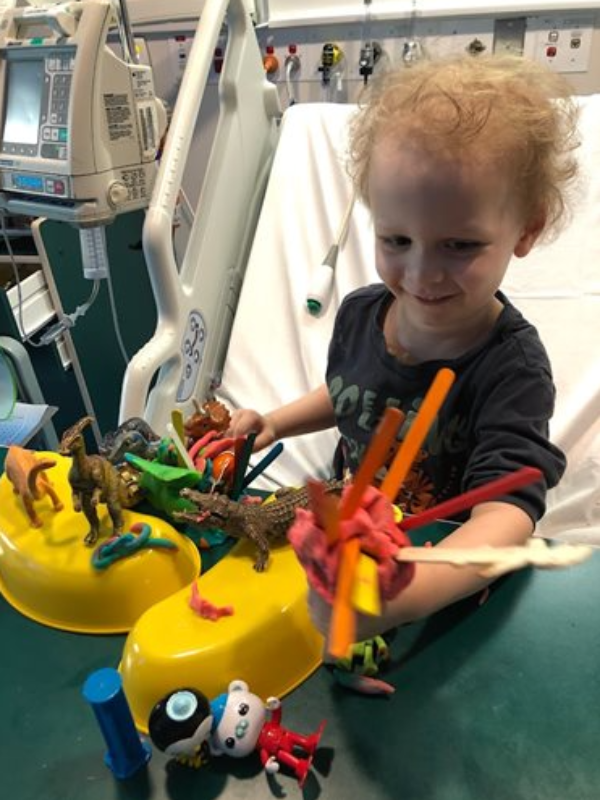
This was one of many low points in treatment, because of all the side effects...And we weren't alone in this thinking. All of the parents we met in Bradley’s ward disliked the steroid phase too.
Side effects, including mood swings, hunger, muscle weakness, hair loss and rapid weight changes, were difficult for Bradley and his family. Tanya continues:
How do you explain to a three-year old that the medicine that makes them feel so sick is actually saving their life?
"Devastating and exhausting"
I would love to say the experience has made me a more positive, resilient person...To some extent there is some truth in that.
However realistically the whole experience has been truly devastating and exhausting for the whole family. Not only has it been hard on us parents, but it’s been very difficult for Bradley’s grandparents, aunts, uncles and friends too. Anxiety, worry and sleepless nights come hand in hand with a cancer diagnosis. It’s unavoidable.
Cooperation with ongoing medication and procedures is a lot to ask of a young child, and Bradley has been such a trooper for getting on with it all. He’s been so incredibly brave. His ability to be present and find joy in life, mostly in dinosaurs, is something to admire and be inspired by.
I just wish he, and other children, didn't have to go through this.

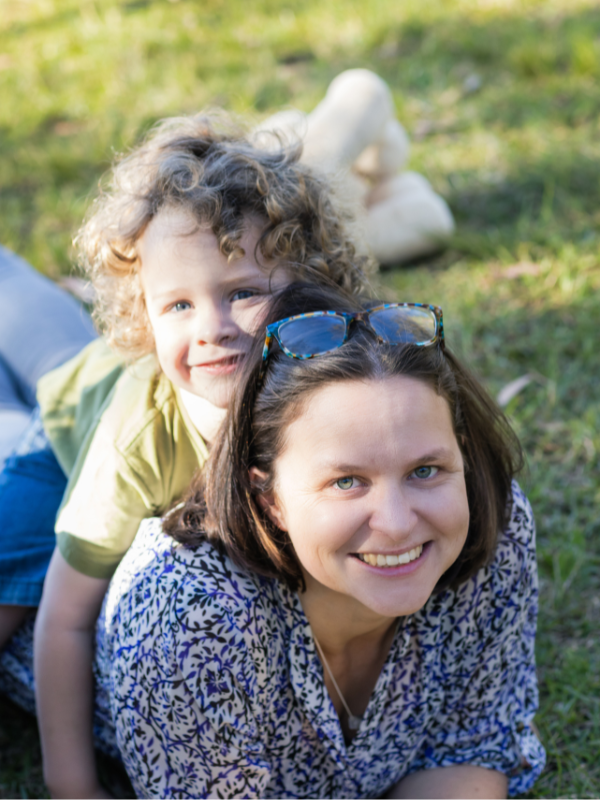
How you can make a difference
Having spent nearly two years in the cancer treatment process, Tanya clearly sees how important science is in creating gentler therapies.
We need to support scientific research so we can find kinder and more effective treatments to improve the quality of life of childhood cancer patients, both during and after treatment...We need to eradicate the severe, harmful side effects of cancer treatments today.
Tanya goes on to highlight that 90 per cent of survivors will develop one or more chronic health conditions as a result of treatment.
We need to do better for our children.
- Tanya
You can personally help support scientific research by fundraising for The Kids’ Cancer Project or by donating. Money raised will be given to many research projects that look into just this. One current project looking for funding is run by Professor Irina Vetter. She’s looking into reducing long-term side-effects of chemotheraphy in cancer survivors.
Read more: Reducing long-term side-effects of chemotherapy in cancer survivors.
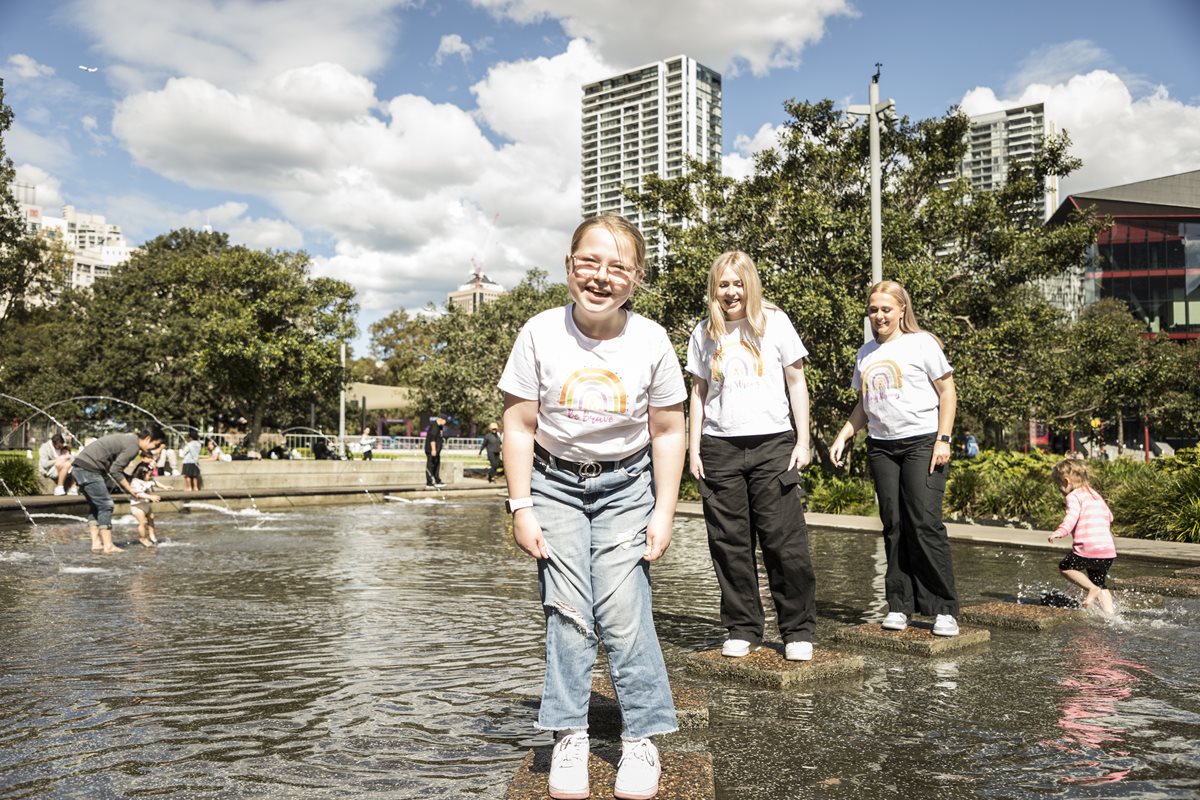

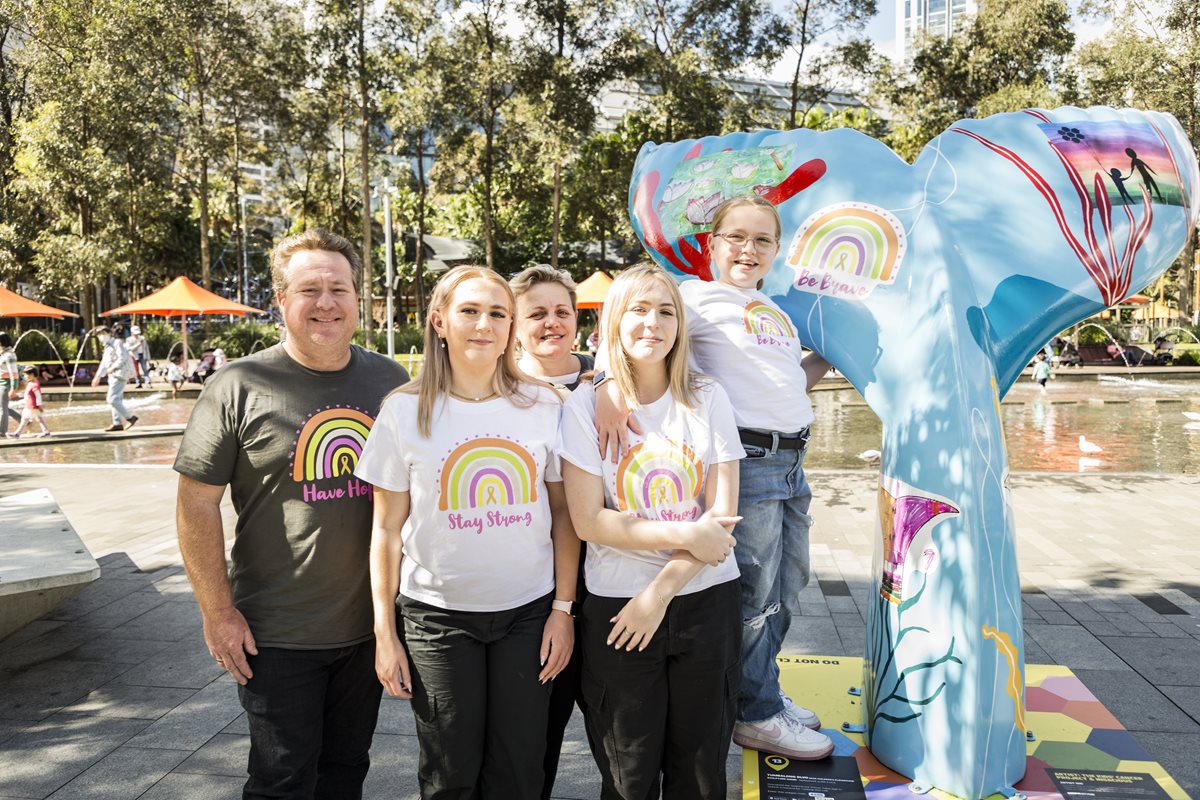
Every donation helps, no matter how small. A small donation of $54 funds a researcher for one hour to help find a cure. How incredible is that? You really can make a difference.
- Tanya
